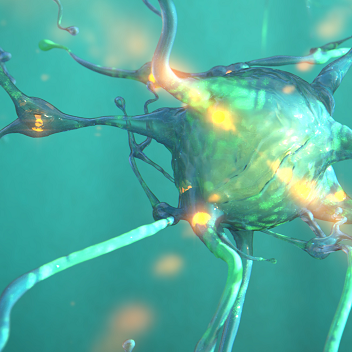Research lines
One of the cornerstones of the center’s internal culture is the empowerment of researchers. Our scientists have total freedom to propose, promote, and develop specific projects of their choice, thus contributing to the dynamism and evolution of DIPC's research interests.
Yet, our research activity may be structured in four thematic areas, QUANTUM, NANO, LIFE and COSMOS, representative of the problems and domains in which DIPC researchers are currently active.
 QUANTUM
QUANTUM
This area includes research activity on systems in which quantum effects determine the electronic, optical, and magnetic properties. Research is performed on quantum systems, quantum information, topological materials, tensor networks, theoretical and computational quantum chemistry, attosecond physics and electronic excitations and dynamics, among other topics.
 NANO
NANO
This area includes research activity on nanoscale systems for which emergent properties arise and interdisciplinary approaches are needed. Research is performed on the experimental characterization of self-assembled and low-dimensional systems, on nano-photonics and nanooptics, on the photoactivation of nanosystems, on the theory of electronic transport in the nanoscale and on nanoconfined polymers, among other topics.
 LIFE
LIFE
This is the most recent thematic area of the centre, which includes research activity on different topics related to biophysics and biochemistry, such as photocatalysis in biological environments, protein folding or virus sensors. There is growing research activity on neurophysics as well, an emergent field at the intersection of neuroscience and nanoscience.
 COSMOS
COSMOS
This area includes research activity on very fundamental problems linked to the origin, composition, structure, and evolution of the Universe. Research is performed on matter-antimatter asymmetry through experimental particle physics, neutrino physics, computational cosmology, evolution of galaxies, gravitational lensing, and the nature of dark energy and dark matter.
Currently, these are the main research lines considered as reference frameworks for our activity. However, the research activity is not limited to them.
As part of DIPC's work philosophy the development of interdisciplinary research is encouraged and supported in the center. And, there are also several transversal projects involving researchers and experts from very different disciplines, and at different stages of development.
Quantum
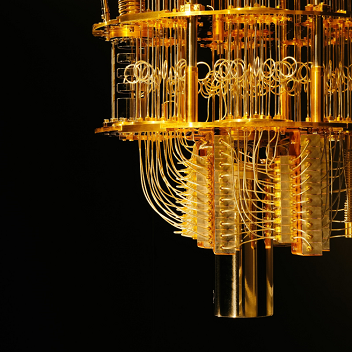
Quantum Systems and Technologies
Studying quantum systems from the perspective of information processing
More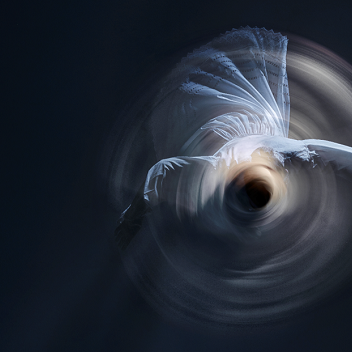
Attosecond Physics and Electron Dynamics
Theoretical modeling of electronic excitations and time-resolved spectroscopies in atoms, molecules, and solids
More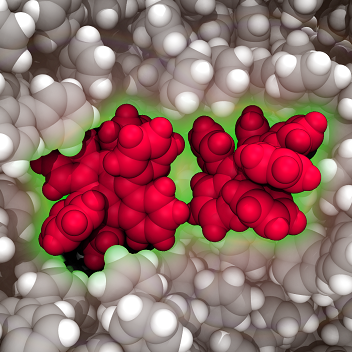
Computational and Theoretical Chemistry
First-principles methods to study electronic properties of molecules, aggregates or molecular systems of biological interest
More
Advanced Materials
Theoretical description and identification of advanced functional materials via development and application of new methodologies
MoreNano
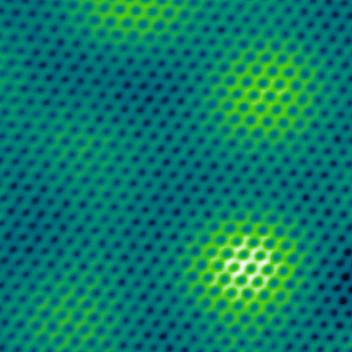
Interfaces and Low Dimensional Systems
Experimental study of surfaces, interfaces, and low dimensional systems using photoemission spectroscopies and scanning-probe microscopies.
More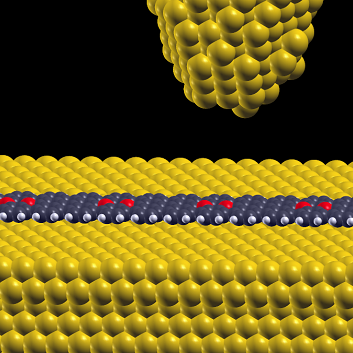
Electronic Structure, Electronic Transport, and Surface Dynamics
Study of electronic, structural, magnetic, and transport properties of condensed matter systems using mostly first-principle methods
More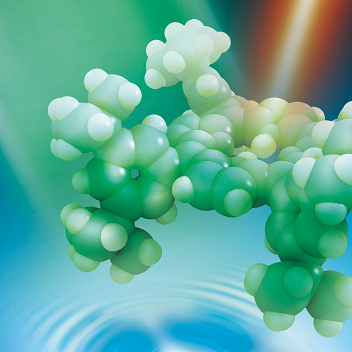
Nano-optics, Nano-photonics and Nano-plasmonics
Theoretical study of light and matter interaction at the nanoscale and the optical response of advanced nanostructured materials
More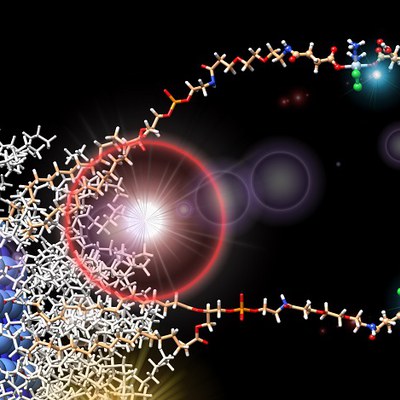
Photochemistry
Synthesis, design and development of molecular and colloidal materials with photoinduced and plasmonic properties
More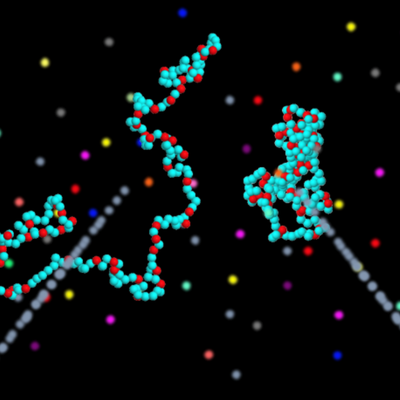
Polymers and Soft Matter
Experimental and theoretical description of the structural and dynamic properties of polymer based materials
MoreLife
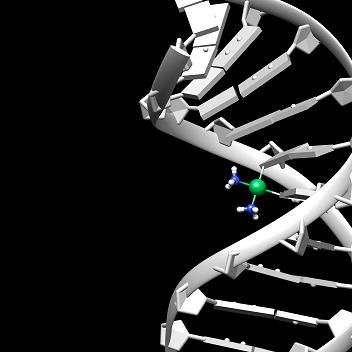
Biophysics and Biochemistry
Physical and chemical methods applied to the study of biological systems and problems
MoreCosmos
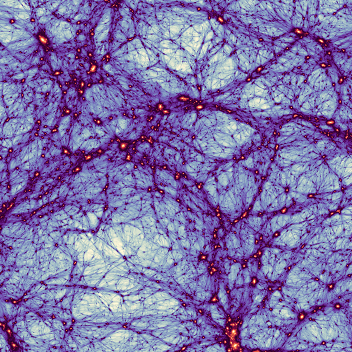
Computational Cosmology
Understanding the origin of the structure and evolution of the Universe
More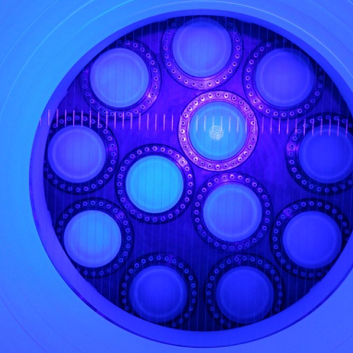
Experimental Particle Physics
Experimental activity on the physics of neutrinos and development of related new technology
More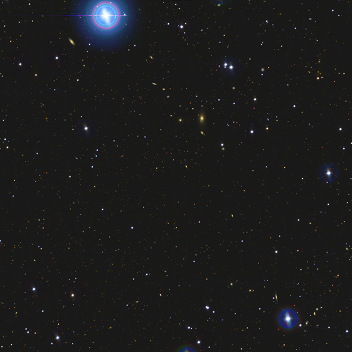
Astrophysics
Understanding the formation of galaxies and their components, from globular clusters to supermassive black holes
More
